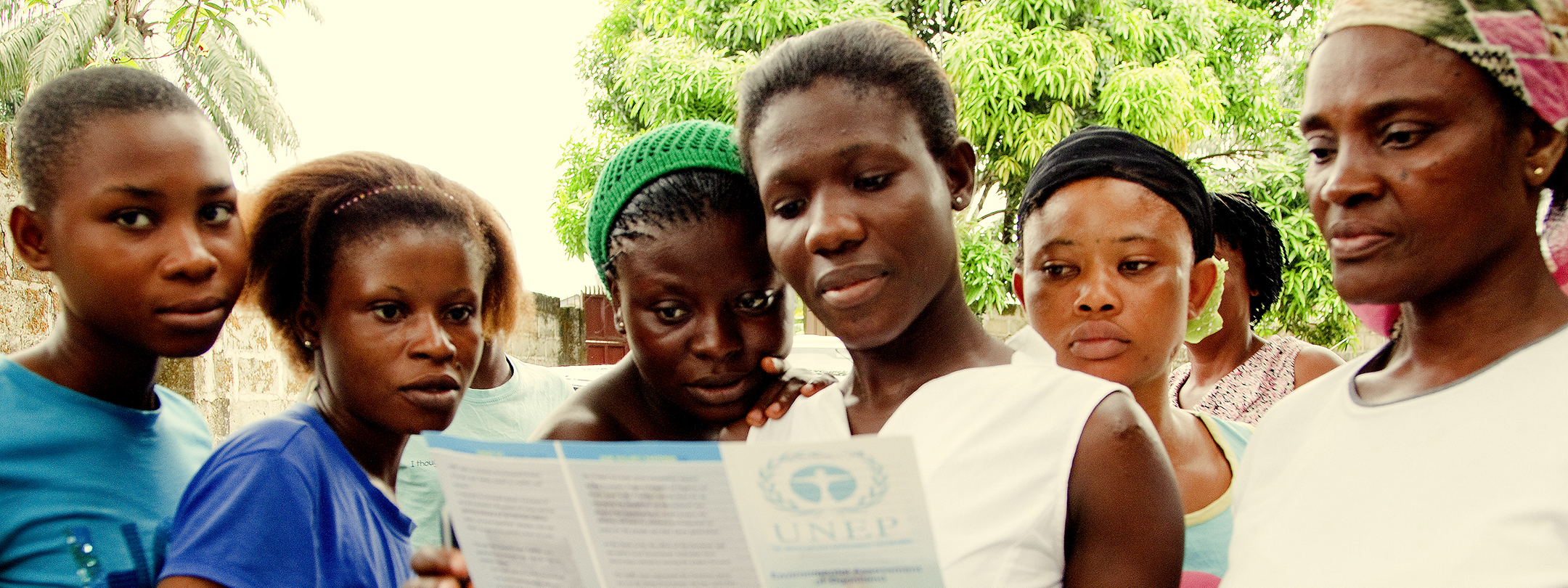Towards Conflict Transformation in the Democratic Republic of the Congo with Specific Reference to the Model of Kumar Rupesinghe
Publisher: Strategic Review for Southern Africa
Author(s): Hussein Solomon and Kwezi Mngqibisa
Date: 2000
Topics: Conflict Causes, Conflict Prevention, Monitoring and Evaluation, Programming
Countries: Congo (DRC)
The conflict in the Democratic Republic of the Congo continues to claim the lives of ordinary citizens. This is despite the efforts of the international community which would like to see an end to the violence. Utilising Kumar Rupesinghe's model of conflict transformation, the article critically evaluates the various peace initiatives with a view to transforming the conflict from one of violent confrontation to one of peaceful articulation of differences. Rupesinghe's 11-point model -- pre-negotiation stage; understanding root causes; ownership of the peace process; identifying all the actors; identifying facilitators; setting a realistic timetable; sustaining the effort; evaluating success and failure; strategic constituencies; the role of outside peacemakers; and the role of local peacemakers -- provides the theoretical context in order to evaluate the empirical data. The lessons learnt, it is argued in the conclusion, have wider applicability than just for the Democratic Republic of the Congo.
